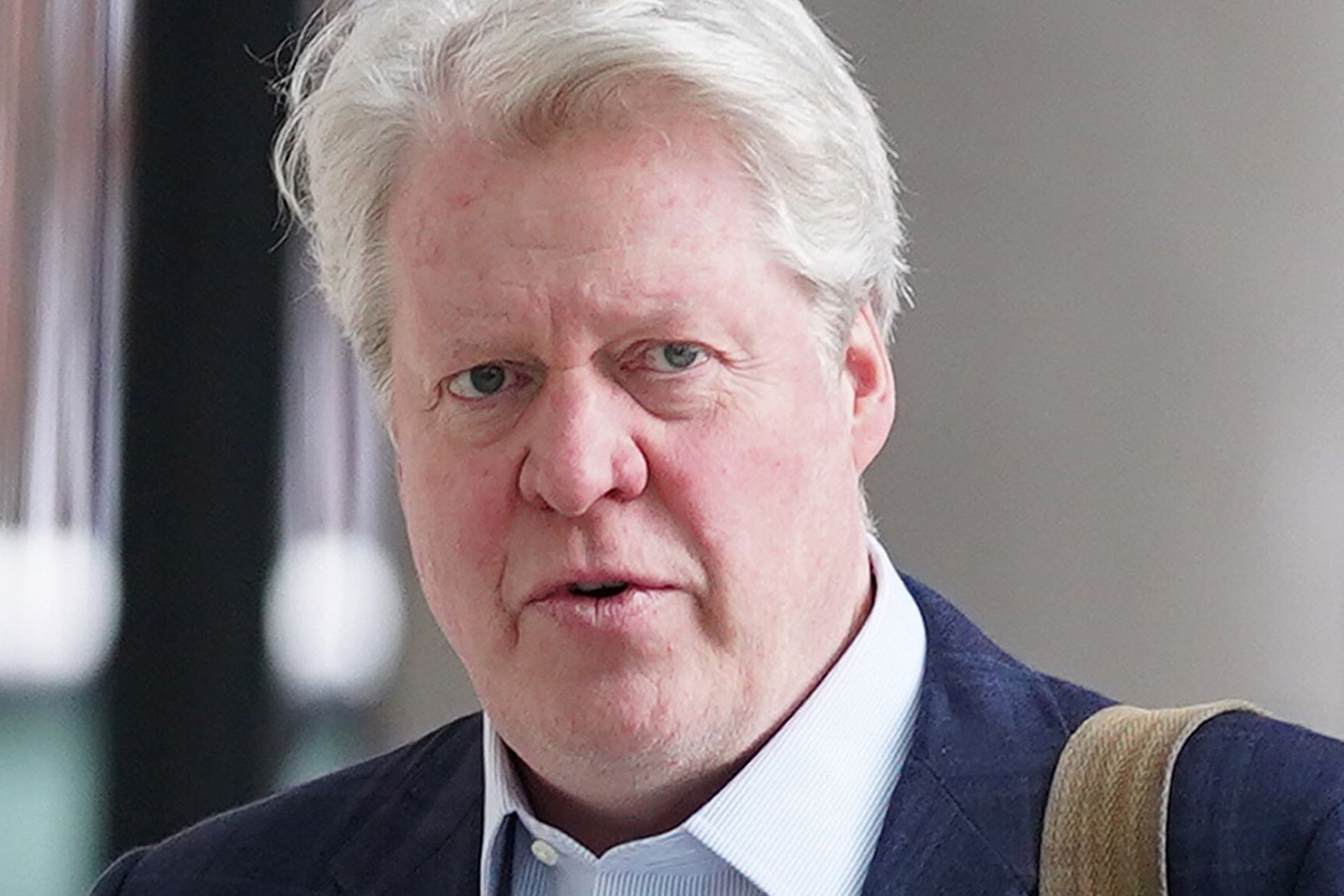Like Earl Spencer, I’m a man with an eating disorder – it’s time to tell the truth about what it’s like
It is unusual to come across other men who are prepared to be open about having an eating disorder – least of all a royal, writes James Downs – who’s suffered with anorexia and bulimia for 20 years


It is easy to think that people like Earl Spencer, in positions of privilege in society, must live gilded lives – untouched by the problems of everyday people. Or, that when they do encounter problems, they have resources that are unavailable to so many people who have to fight their way through benefits forms or NHS waiting lists.
But Spencer’s new book, A Very Private School, offers revelations about his childhood and education that show how all parts of society are exposed to the potential for abuse, and none of us are left untouched by the impact of difficult life experiences on our mental health.
While I have been disturbed by the horrors of Earl Spencer’s upbringing, the sexual abuse he experienced at school and the mistreatment he describes at home, the one thing that has surprised me the most is his experience of bulimia. It’s not that bulimia is the worst part of what he describes, but it is perhaps the least expected.
Even as someone who has struggled with anorexia and bulimia for nearly 20 years myself and who does a lot of work campaigning with others for better treatment and understanding, it is unusual to come across other men who are prepared to be open about having an eating disorder – least of all, a royal.
Diana has long been a role model for me in my recovery from bulimia, as someone who did not let her condition define her and despite her struggles managed to make such a meaningful impact on the world and help so many people society otherwise ignored.
I remember being moved to tears watching The Crown, realising how even someone living an opulent, gilded life could struggle behind closed doors without the help that they needed. It reminded me of the loneliness I have felt – and the secrecy and shame that can surround binge eating and vomiting.
Listening to Spencer talk about his experiences of bulimia, I was disarmed by his openness and left feeling almost shocked at how matter-of-factly he has been able to talk about it. He doesn’t seem to have a sense of shame about having experienced an eating disorder, which feels so far away from where I am in relation to my own bulimia.
I hope that one day I will be able to be compassionate towards myself in the same way I feel Spencer has been in his recent interviews – to see that there are good reasons why people have eating disorders and that it is not their fault.
There is something incredibly powerful about hearing someone else talk so courageously about experiences you feel so alone with, even if they are not identical experiences. I find it hard to relate to a member of the royal family – or what it’s like to go to private school – but I do know what it is like to struggle with an eating disorder, so maybe I am not as alone as I thought.
Spencer’s difficulties were different to mine: he describes being sick in the night and taking it to show the school nurse, as a way of crying out for attention for the underlying trauma he was experiencing.
My own eating problems were more of a private experience that helped me to cope with difficult emotions internally, without needing anyone else. But I think he has articulated something that is quite difficult to talk about in the world of mental health – about how sometimes we don’t know how to communicate distress in ways that don’t also harm us.
It’s unusual to hear anyone talk so openly about eating disorders, least of all someone so wealthy. We know that the risk of eating disorders is increased by food insecurity, for example. It is even more unusual though to hear someone talk about bulimia, which is so often overlooked in the conversation about eating disorders which is dominated by anorexia and being skinny – yet only around 6 per cent of people with eating disorders are underweight.
Rarest of all is hearing about all of this from a man – which is something that almost never happens. But for men like me, it’s vital. It helps to know that I am not alone with my experience, and that even the most privileged can struggle. I hope that over time I can understand and talk about my bulimia with more compassion and less shame, like Earl Spencer – however unrelatable other parts of his life might be.






Join our commenting forum
Join thought-provoking conversations, follow other Independent readers and see their replies
Comments